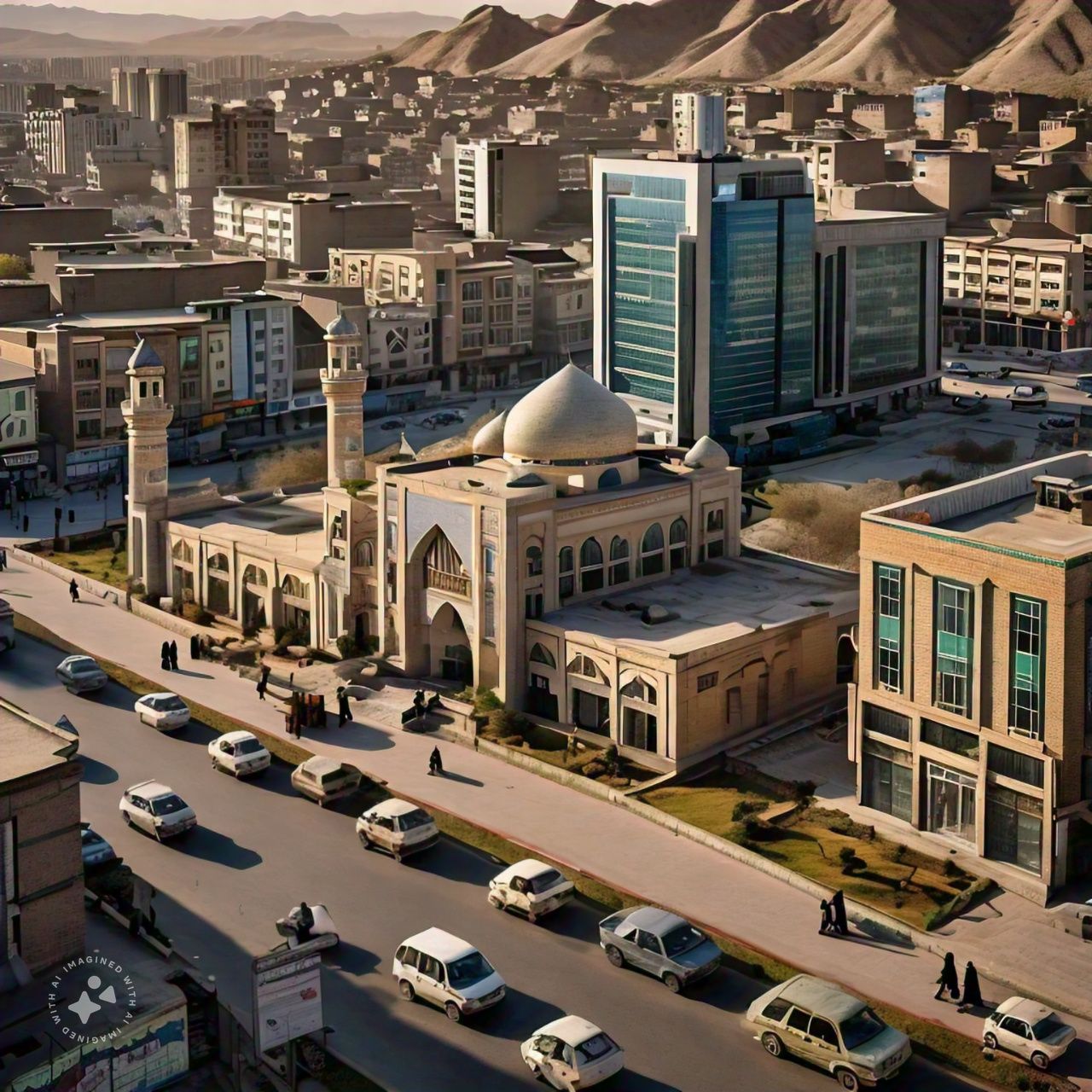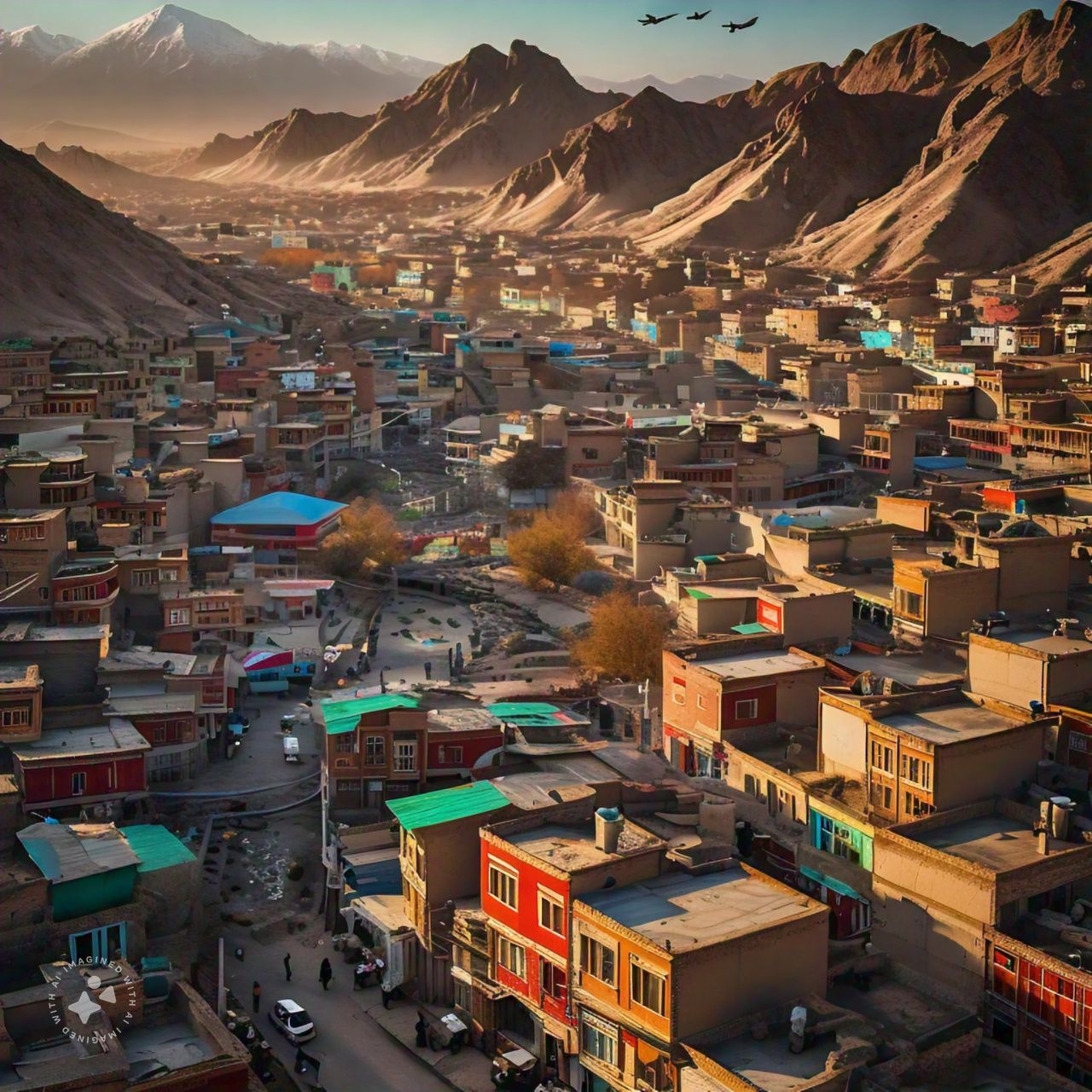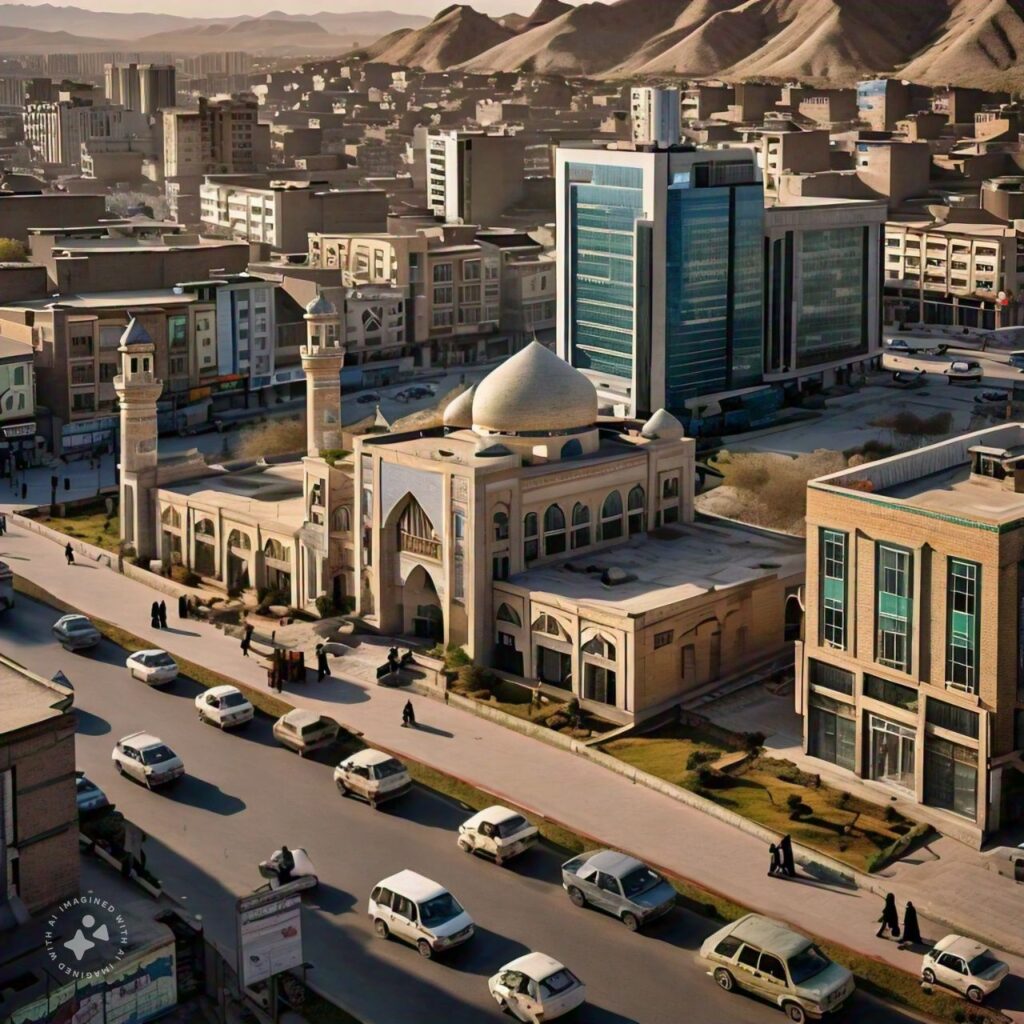
As of now, Afghanistan does not have an official, widespread electronic visa (E Visa) system for foreign nationals. The visa application process for Afghanistan generally requires submitting documents in person to an Afghan embassy or consulate. Depending on your nationality, you may be able to apply for a visa on arrival or through other channels.
For up-to-date information, you would need to check with the nearest Afghan consulate or embassy in your country.
Afghanistan offers several types of visas for foreign nationals, depending on the purpose of the visit. These are the most common visa types for Afghanistan:
- Tourist Visa:
- Issued for individuals traveling to Afghanistan for tourism purposes.
- Typically valid for a short period (usually 30 days) and may be extended in some cases.
- Business Visa:
- For foreign nationals intending to engage in business activities in Afghanistan.
- Requires an invitation from a registered Afghan company or business entity.
- Transit Visa:
- For travelers passing through Afghanistan to reach another destination.
- Valid for a short period, usually up to 72 hours.
- Work Visa:
- For foreign nationals employed in Afghanistan, usually issued to individuals with a job offer from an Afghan company or organization.
- The applicant must provide relevant documents such as a job contract and employer invitation.
- Student Visa:
- Issued to students who wish to study in Afghanistan at an accredited institution.
- Requires an acceptance letter from the educational institution.
- Diplomatic Visa:
- For foreign diplomats, government officials, or employees of international organizations.
- Typically granted on the basis of official government or organizational assignments.
- Religious Visa:
- For those visiting Afghanistan for religious purposes, such as religious studies or missionary work.
- Requires a letter from the relevant religious organization or authority in Afghanistan.
- Media Visa:
- For journalists, reporters, or media professionals planning to work in Afghanistan.
- Requires approval from the Afghan Ministry of Information and Culture.

Visa on Arrival:
- Visa on arrival may be available for nationals of certain countries at specific entry points. However, it’s advisable to check in advance whether your nationality qualifies for this option.
Application Process:
Visas for Afghanistan can typically be applied for at Afghan embassies and consulates, and the process may require:
- Completed visa application form.
- Passport valid for at least 6 months beyond your intended stay.
- Passport-sized photographs.
- Supporting documents such as a letter of invitation, hotel bookings, or proof of financial means, depending on the type of visa.
It’s important to always check the most current visa requirements with the nearest Afghan embassy or consulate, as rules and regulations may change.
The **Privacy Policy** for Afghanistan visa applications typically refers to how personal data is collected, processed, and protected during the visa application process. While Afghanistan may not have an official online visa system for all visa types, the collection of personal information for visa purposes would still be governed by privacy laws and regulations enforced by the Afghan government.

privacy policy related to Afghanistan visa applications:
Here are the key aspects likely to be covered in the privacy policy related to Afghanistan visa applications:
1. **Collection of Personal Data**:
– Personal information such as full name, date of birth, nationality, passport details, travel dates, purpose of visit, and contact information are typically required during the visa application process.
– Additional supporting documents like bank statements, invitation letters, or employment letters may also be requested, and these may contain sensitive personal data.
2. **Use of Personal Data**:
– The information provided is used to process and verify your visa application.
– This may include checking security and background information, assessing eligibility for the type of visa applied for, and validating the authenticity of supporting documents.
– Visa authorities may also use the data for statistical or administrative purposes.
3. **Sharing of Data**:
– Your personal data may be shared with relevant Afghan government agencies, such as border control, the Ministry of Foreign Affairs, and security agencies, for the purpose of processing your visa or ensuring national security.
– In some cases, data may also be shared with international bodies for security checks or verification purposes (e.g., Interpol or other law enforcement agencies).
4. **Security of Data**:
– Afghan visa authorities should take reasonable precautions to protect the data you provide against unauthorized access, disclosure, or misuse.
– If submitting documents online or electronically, encryption and other cybersecurity measures should be in place to ensure data is securely transmitted.
5. **Retention of Data**:
– Personal data provided for a visa application may be retained for a certain period, even after your visa is granted or denied, for administrative and legal purposes, such as records management or further verification checks.
– The retention period will depend on Afghan government policies or the visa-issuing authority’s internal practices.
6. **Your Rights**:
– You may have rights to access, correct, or update your personal information if it changes or is found to be incorrect.
– In case of concerns about how your data is handled, you may contact the relevant Afghan embassy or consulate to seek clarification or lodge complaints.
### 7. **Consent**:
– By submitting your visa application, you typically provide consent for the collection, use, and processing of your personal data according to Afghanistan’s visa policies and applicable laws.
Since Afghanistan may not have a centralized or widely accessible online visa system, specific privacy policies may vary depending on the Afghan embassy or consulate handling the visa application in your home country. It is always advisable to review the privacy policy available on the official website of the Afghan embassy or consulate where you are submitting your application, as they may have more detailed or updated information about data protection practices.

